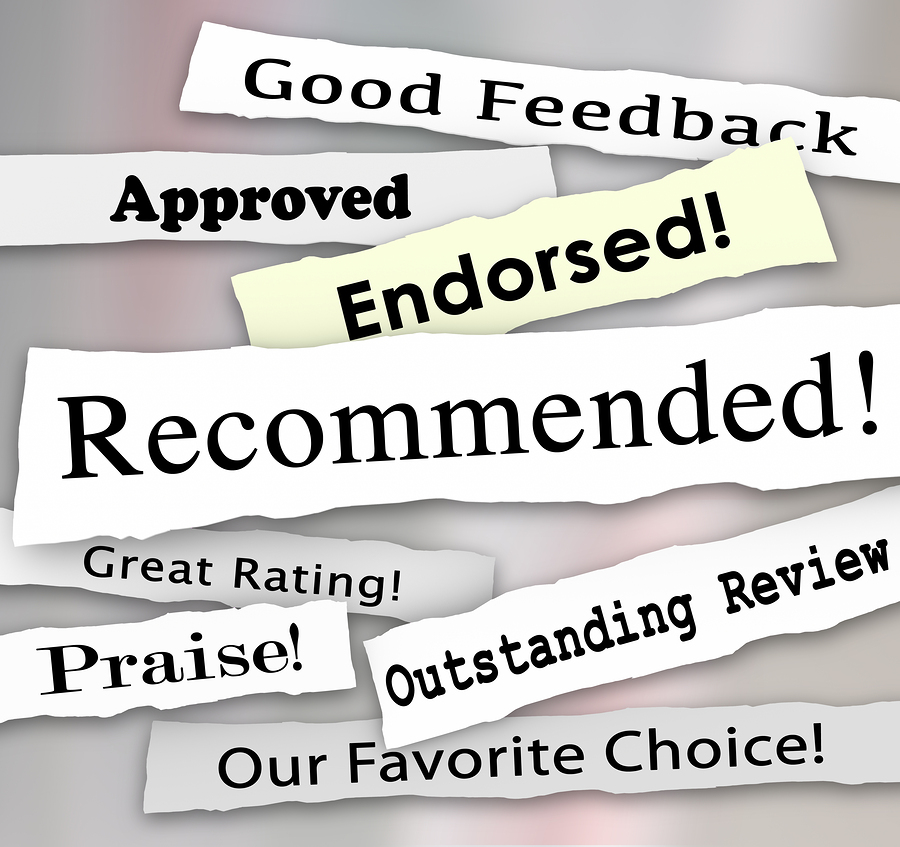Thanks to Katie Powner for her question on my May 25, 2016 blog, which sparked this blog.
There have been many changes in publishing over the last few years. In fact, it seems we just get used to some element of publishing, and wham! It’s turned on its head. But there is something that hasn’t changed. Something I don’t think will ever change. At least, I pray it won’t.
Story trumps all.
Oh, I know, there are a lot of well-written manuscripts out there that aren’t finding traditional publishing homes. But I’m not talking about manuscripts that are “well written.” When I say “Story trumps all,” I’m talking about STORY. You know, the story, be it fiction or nonfiction, that’s so powerful, that so resonates with you as you read, that you can’t put it down. You HAVE to keep devouring the words on the page.
The STORY that unfolds, launching truths that strike so close to home that you find yourself weeping. Laughing. Convicted. And above all, changed.
Characters that live on in our hearts and minds. Experiences that tell us, in ways we’ve never heard it before, that we’re not alone. Plots that keep us on the edge of our seats, our hearts pounding as we agonize, wondering if what we hope will happen will really happen. Insights that shatter our preconceived ideologies. You know…
STORY.
You’ve read books with STORY. You’ve been transported and transformed by them. Challenged and Changed. And all it takes is one or two words from those books to stop us in the here and now and plunge us deep into the STORY again…
“Jean Louise, stand up…”
“When you go after honey with a balloon, the great thing is to not let the bees know you’re coming.”
“It was so quiet, one of the killers would later say, you could almost hear the sound of ice rattling…”
“One ring to rule them all…”
“In the predawn darkness of August 26, 1929, in the back bedroom of a small house…”
“Oh, children, catch me if you can!”
“Trouble with mice is you always kill ‘em.”
“I had a farm in Africa, at the foot of the Ngong Hills.”
“Marley was dead.”
“We will all feel very much ashamed if we do not yield to Jesus…”
“The unicorn lived in a lilac wood, and she lived all alone.”
So, what does all this have to do with the best time to submit with an agent. Well…everything. Because the best time to submit to an agent doesn’t have anything to do with the calendar. Oh, it used to, back in the day. But now, with the internet, agents can hop onto their email and take a quick look at things anytime they want—even, heaven forbid, at Christmas. No, the best time to submit to an agent isn’t about the calendar. It’s about your manuscript. And the power of your STORY.
When should you submit?
When you’ve taken your manuscript from story to STORY.
When your STORY engages and moves and transports people.
When you read your STORY and sit back, heart pounding as you wonder…Did I really write that?
Submit when the book is ready. Really and truly ready. Ready to move and change people. Ready to move and change the agents who will ready it.
That, my friends, is the best—and only—time to submit to an agent.
(Book quotes are from the following STORIES that impacted me: To Kill a Mockingbird; The Complete Tales of Winnie the Pooh; Helter Skelter; The Hobbit; Unbreakable; The Lion, the Witch, and the Wardrobe; Of Mice and Men; Out of Africa; The Christmas Carol; My Utmost for His Highest; The Last Unicorn)











